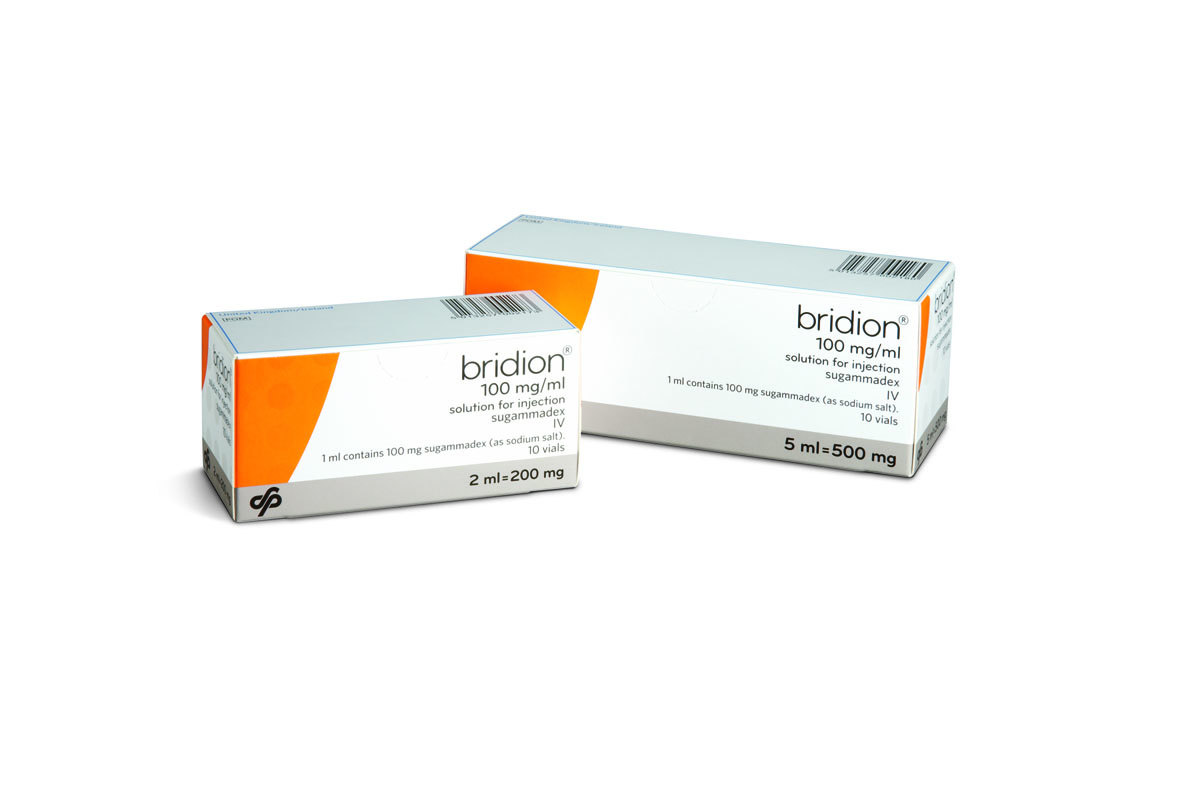Current research around the various components of surgical procedures needs to take an expansive approach, considering the complete journey of the patient. That level of scrutiny includes consideration of post-operative issues, which are especially important as the field continues moving toward reimbursement schemes that weigh factors such as readmission rates.
These are the concerns that were incorporated into recent research by Merck that evaluated the effectiveness of using neuromuscular blockade on surgical patients.
“Our first interest is in the patient outcomes,” says Keri Yang, formerly a director at Merck Center for Observational and Real World Evidence. “That’s why we’re looking at the post-op complications and the length of stay.”
Presenting at the ANESTHESIOLOGY annual meeting last fall, Yang and her colleagues shared research that showed the positive impacts of employing neuromuscular blockade, which essentially puts the patient in a state of complete paralysis.
One retrospective, observational study looked at bariatric surgery cases in Belgium. Researchers examined 9,196 bariatric surgery cases performed between 2009 and 2016.
“We looked at the patients who underwent the procedure using either deep neuromuscular block or moderate neuromuscular block,” say Yang. “Compared to those who used moderate block, our study found those who used deep neuromuscular block until the end of surgery were associated with fewer post-op complications, specifically respiratory complications. They also have lower healthcare resource utilization, in terms of shorter length of stay and less first-week surgery revision.”

(Image credit: Merck)
Similar results were found in a roughly concurrent study that drew from records related to general surgeries performed in the Netherlands. The study shows consistent results in terms of deep neuromuscular block compared to moderate neuromuscular block.
Separate, preceding research suggests the deep neuromuscular block results in a better surgical condition because of the elimination of involuntary movements.
“Surgeons want an optimal surgical condition,” Yang notes. “With deep neuromuscular block, there’s no patient involuntary movement. That helps physicians when they’re doing this minimally invasive surgery.”
With a reduction in small but noticeable challenges resulting from patient movement, the procedures tend to proceed more smoothly. That understandably leads to a smaller incidence of post-op complications, which in turn may mean hospital readmissions go down.
The real-world evidence is compelling, argues Yang. More research is sure to come, but there’s a fair conclusion that can be drawn right now.
“The observational study suggests deep neuromuscular block has a more positive impact on patient outcomes,” Yang says.




